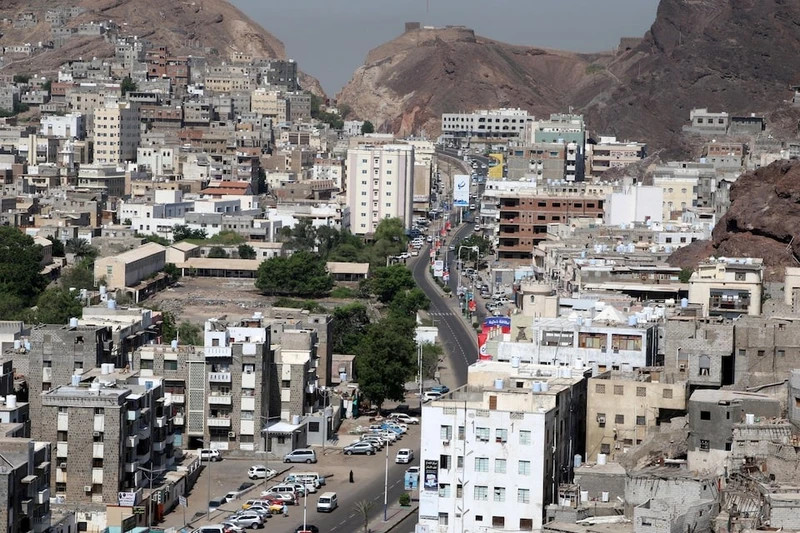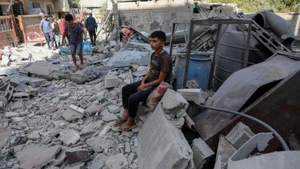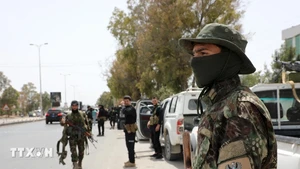This escalation threatens international maritime transport in the Red Sea and risks exacerbating the ongoing conflicts in the Middle East.
The coalition's airstrike targeted the 1st Armoured Division base, a key military facility under Houthi control. The airstrike caused significant disruptions throughout the city, with ambulance sirens echoing across the area.
Notably, this attack occurred just a day after Israel's fourth round of airstrikes this year against Houthi targets in Yemen, which included an airport and two power stations, following long-range missile attacks by the Houthis on Israeli cities.
In recent months, the US-led coalition has intensified its efforts to eliminate Houthi missile storage facilities and command centres in Yemen while intercepting numerous drones and cruise missiles launched by the Houthis in the Red Sea.
The US military has conducted airstrikes on fortified underground storage sites in Yemen where the Houthis are alleged to be hiding missiles and other weapons used against vessels on international shipping routes.
The US military's airstrikes using long-range B-2 Spirit stealth bombers are aimed at weakening the Houthi military power and forcing them to stop threatening US and international naval forces as well as commercial vessels in the Red Sea, the Bab Al-Mandeb Strait, and the Gulf of Aden.
The international community is increasingly concerned that the escalating conflict between Israel and the Houthis poses a serious threat to regional security.
Airstrikes targeting transportation infrastructure in Yemen, where 80% of the population relies on humanitarian aid, could worsen the humanitarian crisis. Attacks on Red Sea ports and Sanaa's international airport endanger relief operations for millions of people in need.
Meanwhile, Houthi forces have ramped up their assaults in the Red Sea, jeopardising civilian safety and maritime stability.
Since November 2023, Houthi forces have disrupted shipping routes linked to Israel in the Red Sea, launching hundreds of ballistic missiles and drones at international naval vessels.
These attacks have resulted in sunken and damaged commercial ships, disrupting global trade and causing civilian casualties.
The violence has forced international shipping companies to avoid the Red Sea, opting for longer and costlier routes around Africa.
The Houthis have been in control of much of northern Yemen since late 2014, leading to the internationally recognised government fleeing from Sanaa.
Since November 2023, they have launched multiple missile attacks against Israeli cities and vessels associated with Israel in the Red Sea under the pretext of supporting Palestinians in Gaza.
While claiming to target only Israeli-linked vessels and those headed to Israel as a way to pressure Israel to end the war in the Gaza Strip, retaliatory actions between Houthi forces and Israel have escalated tensions dangerously, causing further instability in the region.
As Yemen grapples with economic hardship and widespread hunger, this escalating conflict threatens to plunge the impoverished nation deeper into crisis while jeopardising regional security and stability.
















